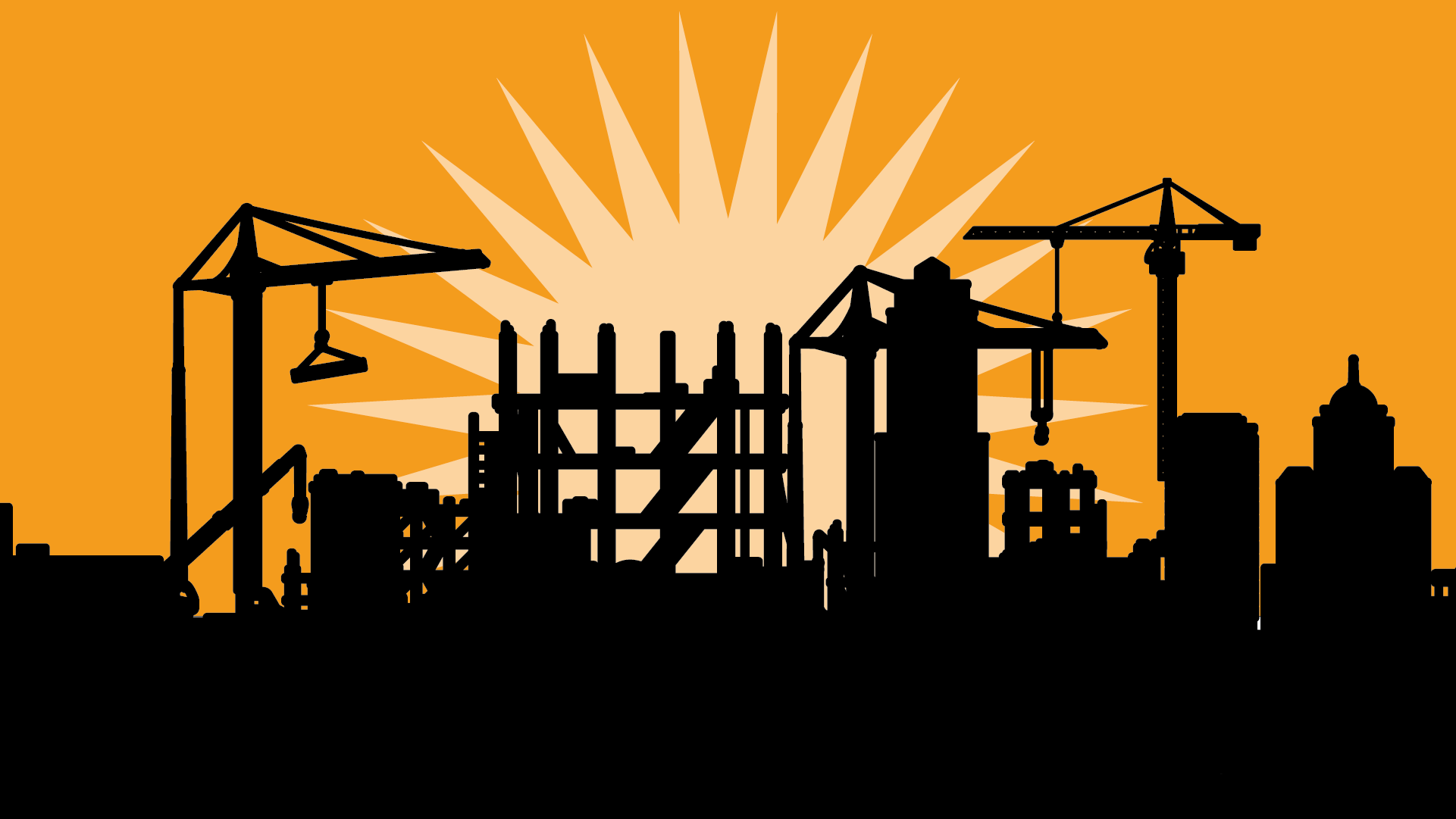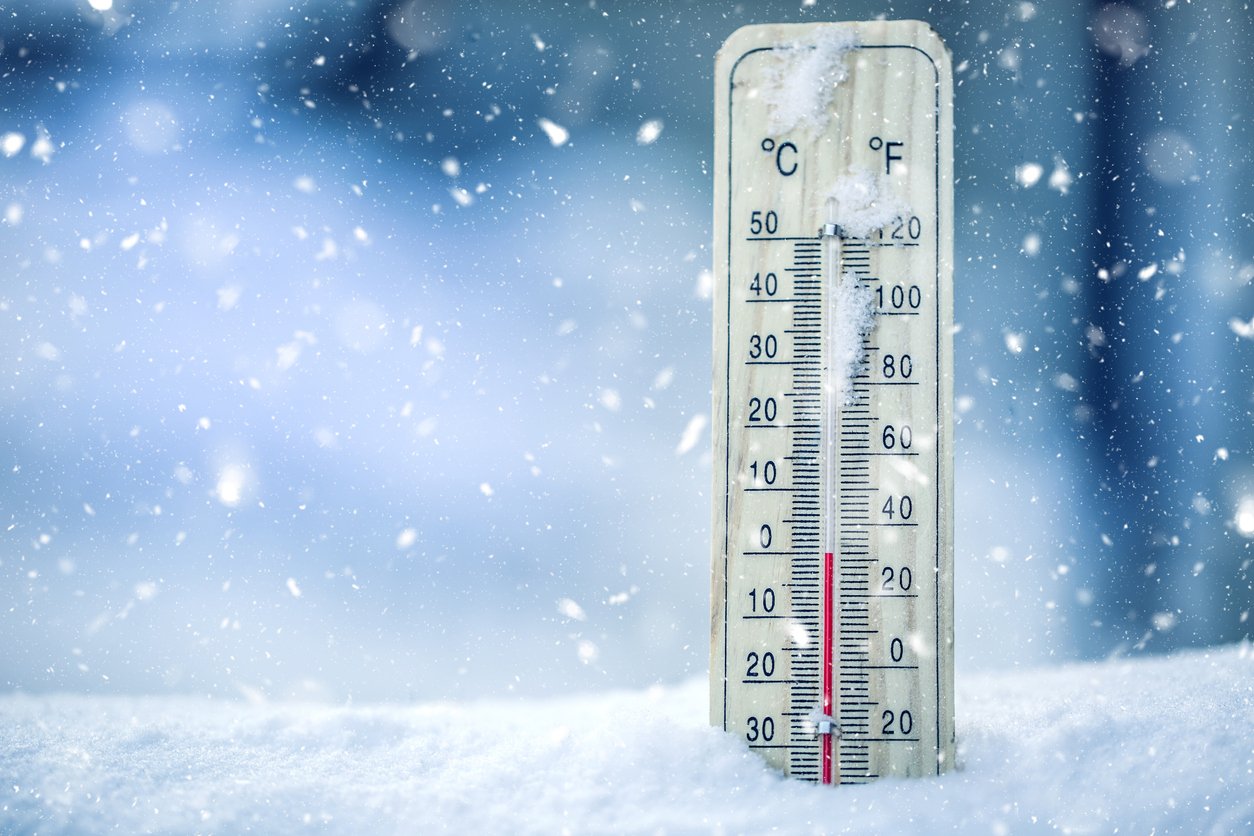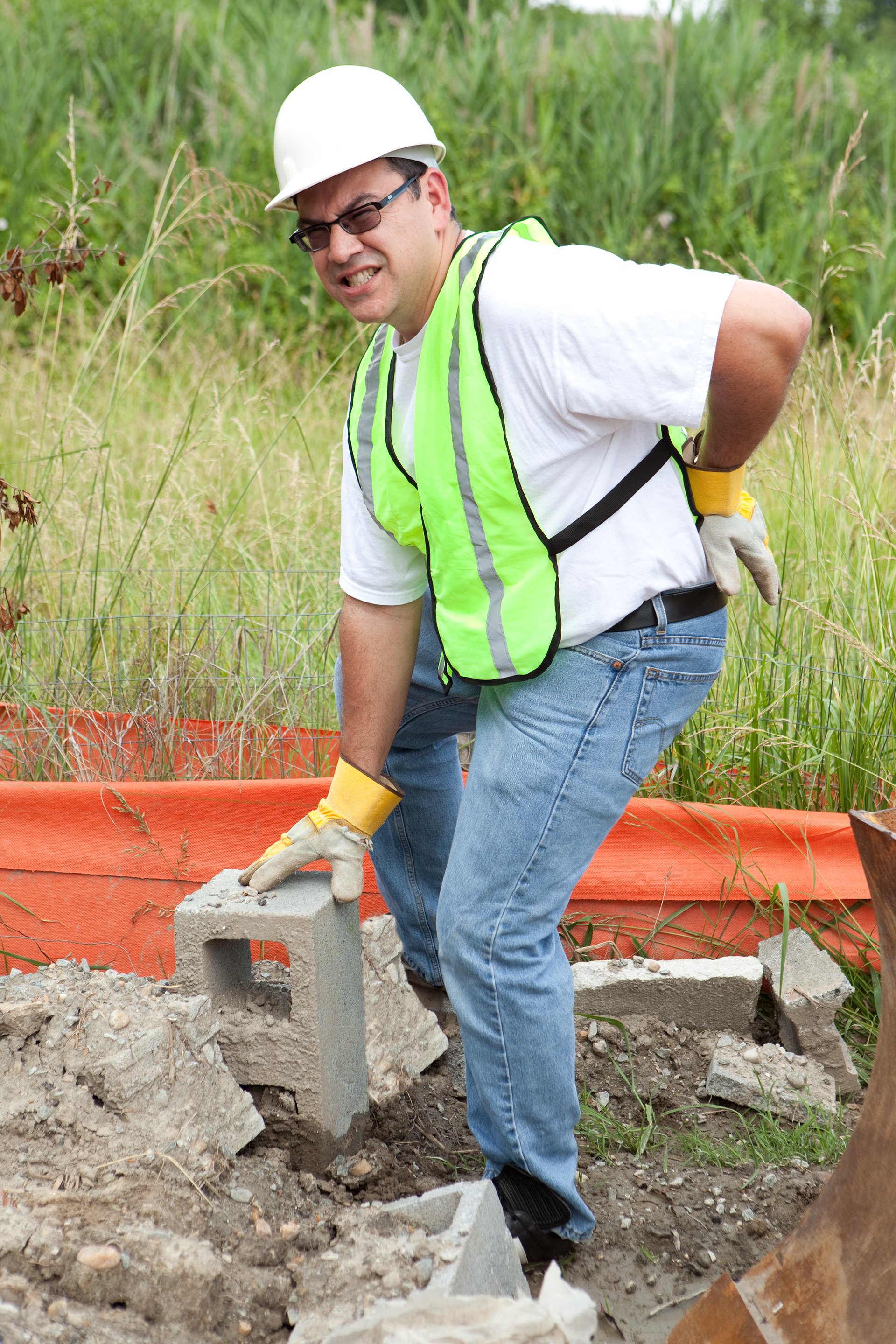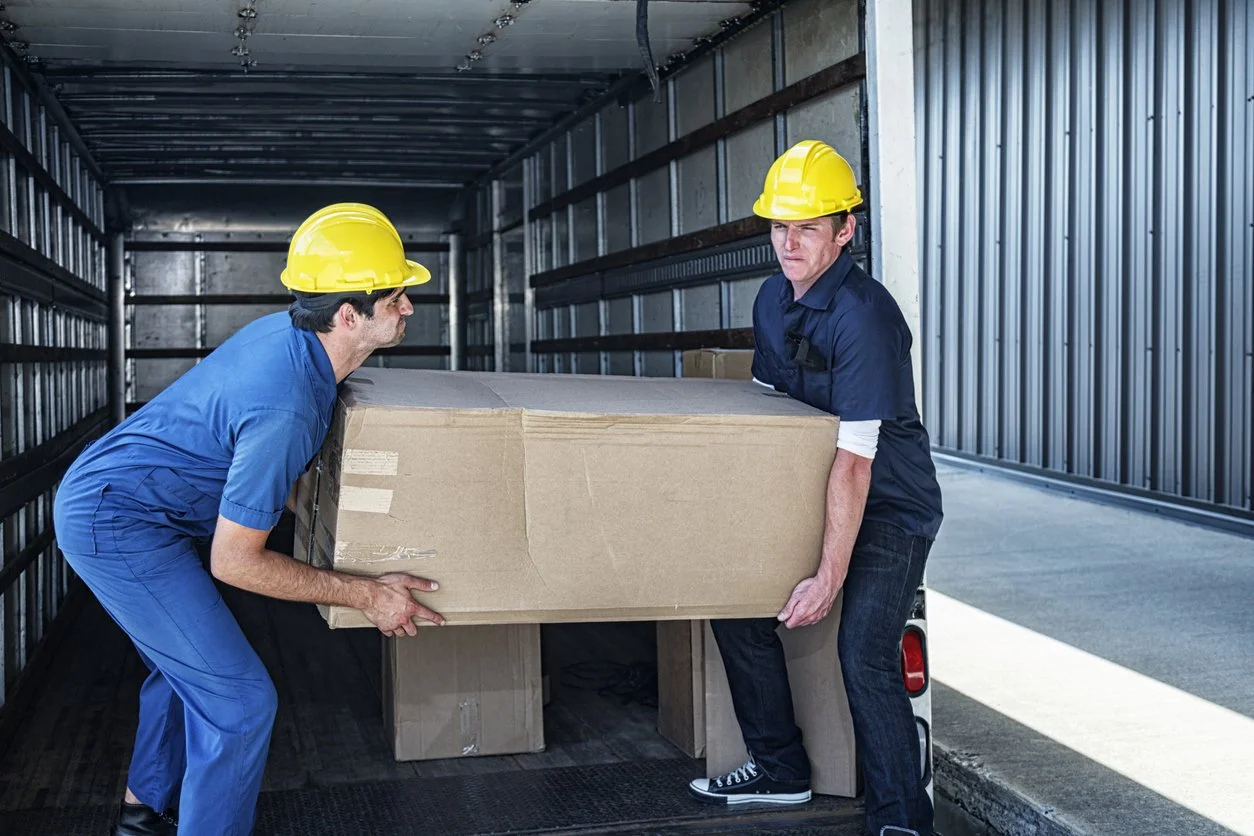
Toolbox Talks
Toolbox Talks safety briefings are an easy and efficient way to keep construction employees safe.
What are Toolbox Talks?
These brief meetings offer an opportunity for team members to learn about potential hazards and preventive measures, as well as a chance for the employer to review safety regulations. They are a great way to ensure that everyone is aware of the safety protocols that must be adhered to in order to prevent accidents and injuries on the job site.
Each toolbox talk has been reviewed and approved by a subject matter expert at L&I DOSH.
NEW! Search Toolbox Talks
Type a search term in the search box below to view English toolbox talks that match your search query. Or, use the category dropdown to view related talks.
Funding and support for the Toolbox Talks project and mobile apps has been provided by the State of Washington, Department of Labor & Industries, Safety & Health Investment Project.
Hearing Protection
Date Posted: 05/11/2024
According to the National Institute for Occupational Safety & Health (NIOSH), approximately 22 million workers yearly are exposed to hazardous work-related noise. As a result, occupational hearing loss is one of the most common work-related illnesses in the U.S.
Heavy Equipment in Construction
Date Posted: 05/11/2024
Whether it's a tractor, bulldozer, forklift, excavator, paver, milling machine, etc., working around heavy equipment adds a new level of danger to workers. Approximately 75% of construction-related “struck by” and “run over” fatalities involve heavy equipment.
Scissor Lift Safety
Date Posted: 05/11/2024
Scissor lifts are considered self-propelled elevating work platforms that move workers vertically to various locations to perform work. Scissor lifts are different from aerial lifts because the lifting mechanism moves the work platform straight up and down using crossed beams functioning in a scissor-like fashion.
Welding
Date Posted: 05/11/2024
According to the National Fire Protection Agency (NFPA), there are, on average, 4,630 structure fires involving hot work per year. Any time equipment that produces a spark or open flame or a process that generates excessive heat, there is a risk of fire or explosion.
Cold Related Hazards & Controls
Date Posted: 03/11/2024
According to the National Institute of Occupational Safety and Health (NIOSH), workers exposed to extreme cold or working in cold environments may be at risk of cold stress.
Hierarchy of Hazard Controls
Date Posted: 02/17/2024
The hierarchy of hazard controls pyramid is a systematic workflow to provide the most effective control measure for workplace hazards. The tool is used worldwide and prescribes a method to always begin with eliminating any hazards you identify in the workplace.
Heat-Related Hazards & Controls
Date Posted: 02/17/2024
Workers exposed to extreme heat or working in hot environments may be at risk of heat stress. Exposure to extreme heat can result in occupational illnesses and injuries. For example, heat stress can result in heat-related illnesses such as heat stroke, heat exhaustion, heat cramps, or heat rashes
Planning Ahead for Fall Protection
Date Posted: 02/17/2024
According to the Labor and Industries Department of Safety and Health (DOSH), Falls are the number one serious hazard for workers in most industries that can result in injuries or even death and accounted for 17 fatalities from 2017-2022 in Washington State.
Fall Protection Full Body Harness
Date Posted: 02/17/2024
Full-body harnesses are critical elements of adequate fall protection systems. Workers must understand how to wear and use full-body harnesses when operating at height properly. When used correctly on the job, a properly fitted and properly worn full-body harness can help prevent serious injury or death.
Extension Cord Safety
Date Posted: 02/16/2024
Flexible extension cords, powering tools, lighting, and equipment are everywhere on construction sites. These cords are often loose and uncovered, exposing them to opportunities for damage.
Ergonomic Series – Sprains & Strains
Date Posted: 02/16/2024
According to the Center for Construction Research (CPWR), one in five construction workers experiences musculoskeletal disorders (MSD), including sprains, strains, and soft tissue injuries, which gradually worsen and are often chronic.
Ergonomic Series – Repetitive Motions
Date Posted: 02/15/2024
The Occupational Safety and Health Administration (OSHA) estimates that musculoskeletal disorders (MSDs) account for a third of workers’ compensation costs. Repetitive motions cause many MSDs. A repetitive motion injury is any injury caused by repeated lifting, pushing, pulling, vibrations, or holding an awkward body position may be considered a repetitive motion injury.
Ergonomic Series - Protect Your Back
Date Posted: 02/15/2024
According to the Bureau of Labor Statistics (BLS), more than one million workers suffer back injuries yearly, accounting for one of every five workplace injuries or illnesses. When drilling down on the construction industry specifically, the Center for Construction Research and Training (CPWR) states that the construction industry has the highest incident rate of back injuries of any industry except transportation.
Ergonomic Series – General Ergonomics
Date Posted: 02/14/2024
Ergonomics fits the task to the person. It strives to create the best atmosphere for any occupation to prevent musculoskeletal disorders (MSDs). These disorders affect muscles, blood vessels, nerves, ligaments, and tendons in the body and can be caused by repetitive tasks like lifting, bending, and reaching.
Ergonomic Series – Awkward Postures
Date Posted: 02/14/2024
The U.S. Bureau of Labor Statistics (BLS) states that ergonomic injuries account for 33% of all workplace worker injury and illness cases, with direct costs to the industry of over $20 billion annually and estimated total costs of $45-54 billion annually.
Emergency Routes & Exits
Date Posted: 02/13/2024
Workers need exit routes clearly marked and unlocked exit doors during a fire or another emergency. Emergency exits serve to provide an unencumbered route away from danger. No matter the environment, emergency exit routes and designated escape paths must be provided in an emergency.
Conflict Management
Date Posted: 02/13/2024
Conflicts on the construction site are a common occurrence. A recent study in the United States revealed that workers spend an average of 2.8 hours a week managing conflicts, translating to approximately $360 billion. Disputes and disagreements will arise when multiple parties, such as general contractors, owners, architects, and subcontractors, work together to complete a project.
Confined Spaces
Date Posted: 02/10/2024
Confined spaces, such as utility holes, crawl spaces, and tanks, are not designed for continuous occupancy and are difficult to exit in an emergency. People working in confined spaces face life-threatening hazards, including toxic atmospheres/substances, electrocutions, explosions, and asphyxiation.
Competent Person
Date Posted: 02/09/2024
According to the Division of Occupational Safety and Health (DOSH), WAC 296-155-012, a competent person is "One who is capable of identifying existing and predictable hazards in the surroundings or working conditions which are unsanitary, hazardous, or dangerous to employees, and who has authorization to take prompt corrective action to eliminate them.”
Back Over Hazards
Date Posted: 02/08/2024
According to the Occupational Safety and Health Administration (OSHA), a backover incident occurs when a backing vehicle strikes a worker standing, walking, or kneeling behind the vehicle. These incidents can be prevented. According to the Bureau of Labor Statistics (BLS), backover and runover fatalities account for dozens of the fatalities that occur each year in the construction industry.
Download the FREE
Toolbox Talks App!
Discover, discuss, and document over 150 Toolbox Talks! The Toolbox Talks app makes it simple to find safety talks for both construction and marine industries in English, Spanish, and Russian. Find a talk to review, then document your safety briefing with a signature capture form that generates a PDF of the meeting details that you can email or save to your device.
Funding and support for the Toolbox Talks project and mobile apps has been provided by the State of Washington, Department of Labor & Industries, Safety & Health Investment Project.


























